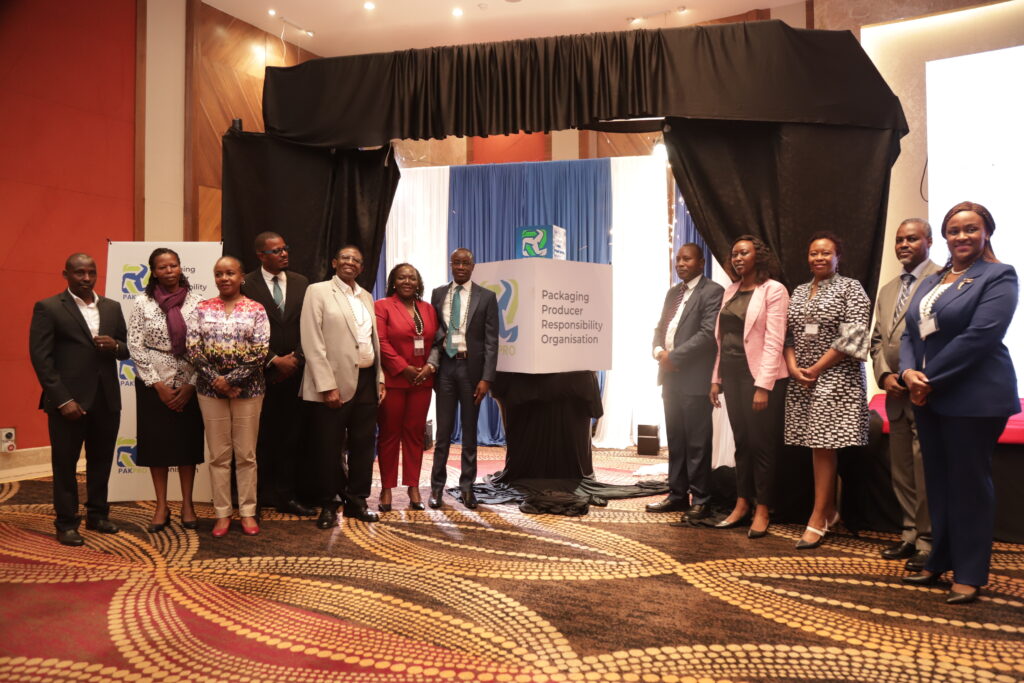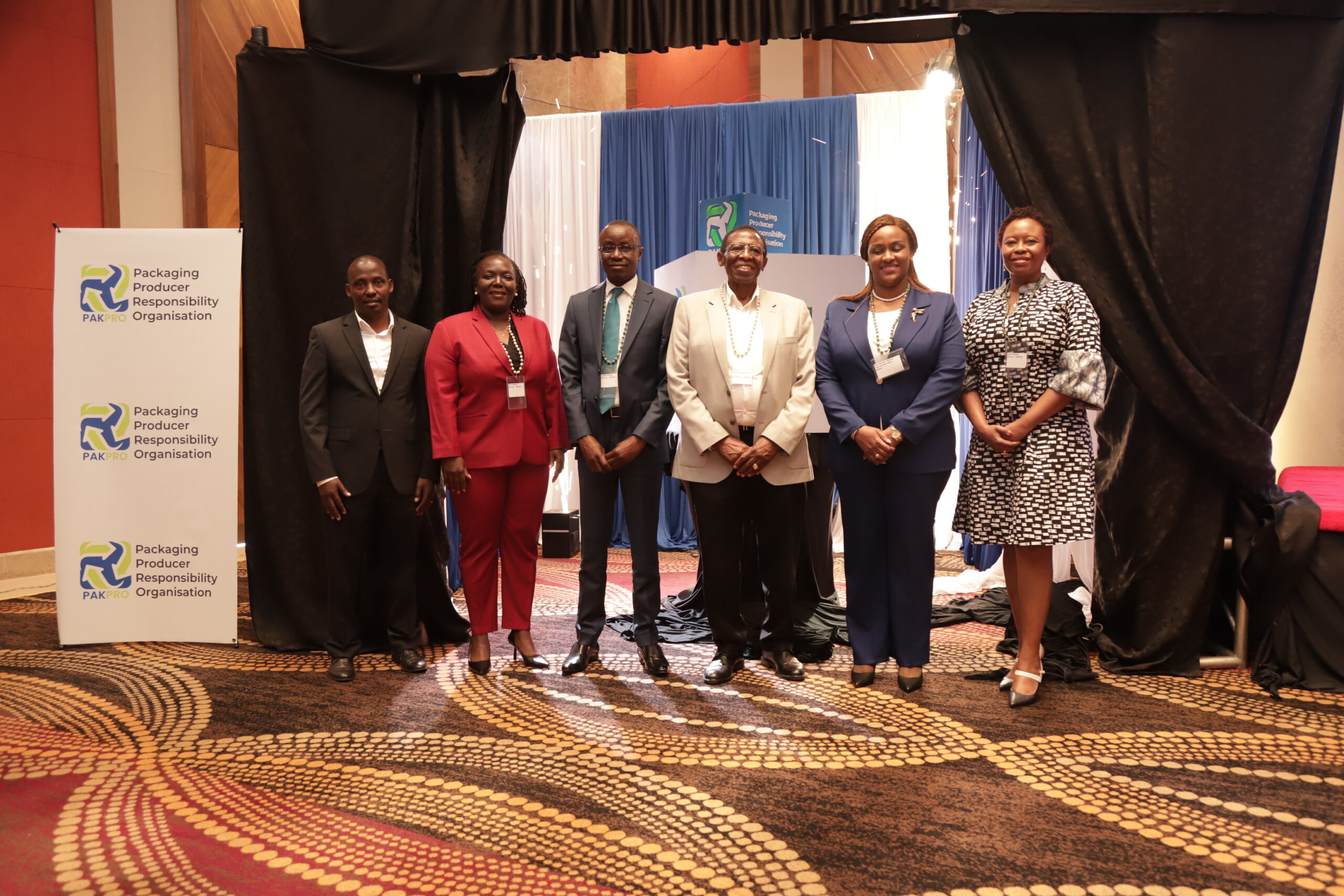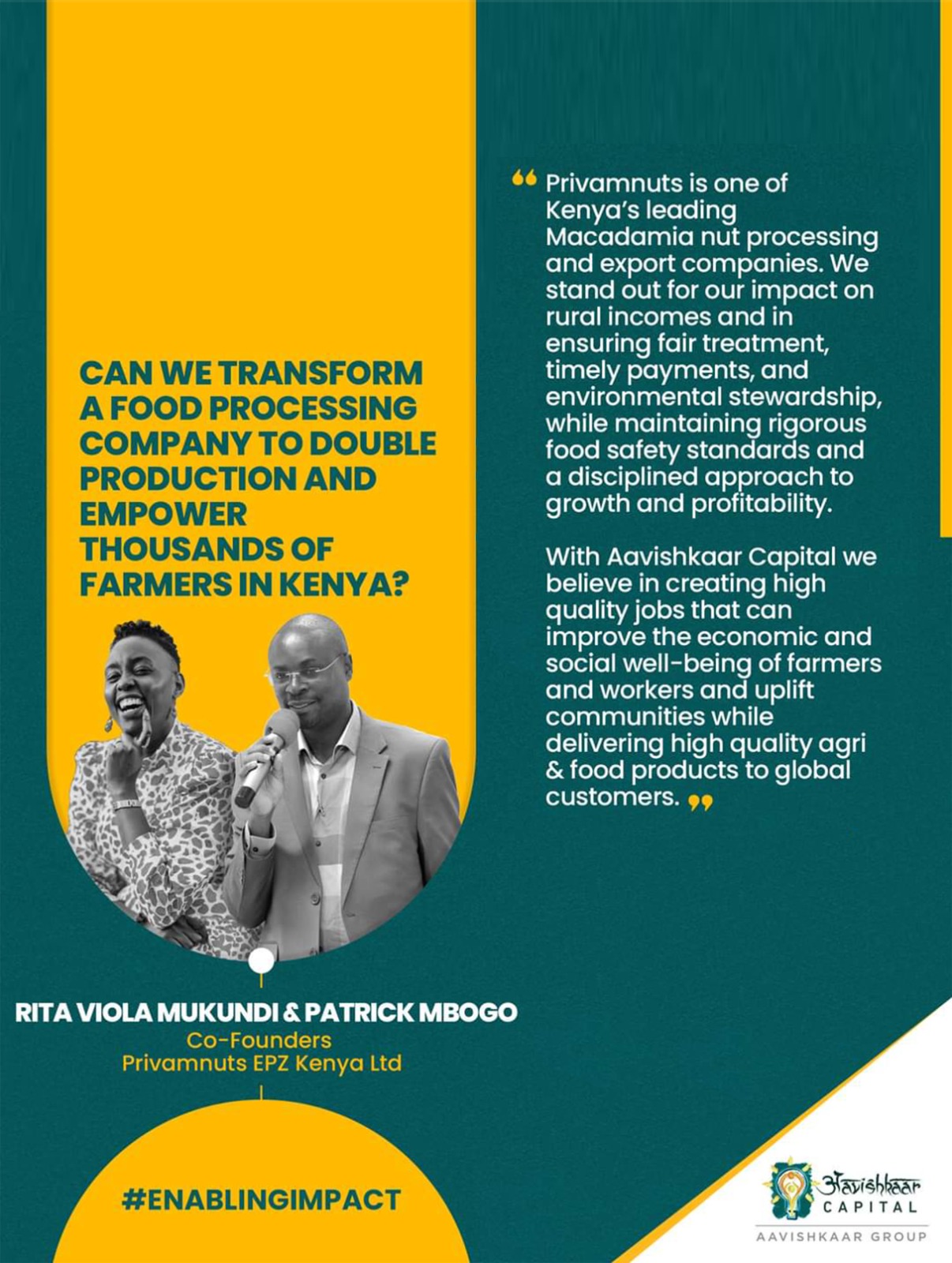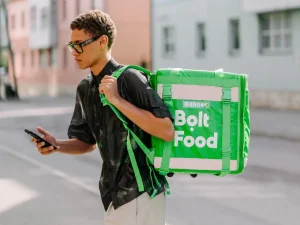
In an effort to create a fit for purpose producer responsibility organization that will handle all non-hazardous packaging on behalf of our membership.The move to rebrand PETCO is as a result of the recent events after the gazettement of the Sustainable Waste Management Act, The Ministry of Environment and Forestry has been working on and the development of the Extended Producer Responsibility Regulations Draft (EPR), where the producer responsibility organizations are required to manage all non-hazardous packaging as one of the listed categories
The EPR regulations propose there are five categories that each producer will be required to join a Producer Responsibility Organization (PRO), which will undertake several activities on behalf of the producer to ensure their packaging does not affect the environment. These activities include recovery, collection, sorting, recycling, and treatment.
 The Packaging Producer Responsibility Organisation has been actively involved in the development of various policies and pieces of legislation in an effort to spur the growth of a circular economy in the country. The Sustainable Waste Management Act, 2022, the Extended Producer Responsibility regulations (Draft) and the Extended Producer Responsibility guidelines all seek to ensure that producers of PAKPRO has held consultative engagements with various stakeholders, including the government, industry players, recyclers, collectors and developed a model that seeks to address the challenges in the existing value chains for various materials.Through our County Sustainable Waste Management Implementation Program we seek to establish material transfer stations across all 47 counties in an effort to recover recyclables as well as offering bottom of the pyramid collectors direct access to market for their collections, at a fair price.
The Packaging Producer Responsibility Organisation has been actively involved in the development of various policies and pieces of legislation in an effort to spur the growth of a circular economy in the country. The Sustainable Waste Management Act, 2022, the Extended Producer Responsibility regulations (Draft) and the Extended Producer Responsibility guidelines all seek to ensure that producers of PAKPRO has held consultative engagements with various stakeholders, including the government, industry players, recyclers, collectors and developed a model that seeks to address the challenges in the existing value chains for various materials.Through our County Sustainable Waste Management Implementation Program we seek to establish material transfer stations across all 47 counties in an effort to recover recyclables as well as offering bottom of the pyramid collectors direct access to market for their collections, at a fair price.
 PAKPRO commits to improving awareness by increased educational activities among the Kenyan public on issues related to segregation and collection. In addition, the scheme will be implementing anmodel for value chain support to stimulate collection and increase consumptive demand for recyclednproducts. There is already existing recycling capacity and infrastructure in the country that has been
PAKPRO commits to improving awareness by increased educational activities among the Kenyan public on issues related to segregation and collection. In addition, the scheme will be implementing anmodel for value chain support to stimulate collection and increase consumptive demand for recyclednproducts. There is already existing recycling capacity and infrastructure in the country that has been
developed over the years for various packaging materials, and our model will seek to continue to thenmaximize use of this.
The success of a circular economy requires collaboration beyond the traditional boundaries of business operators. This partnership will ensure that both partners bring together a network of producers, collectors, suppliers, and other key stakeholders.













